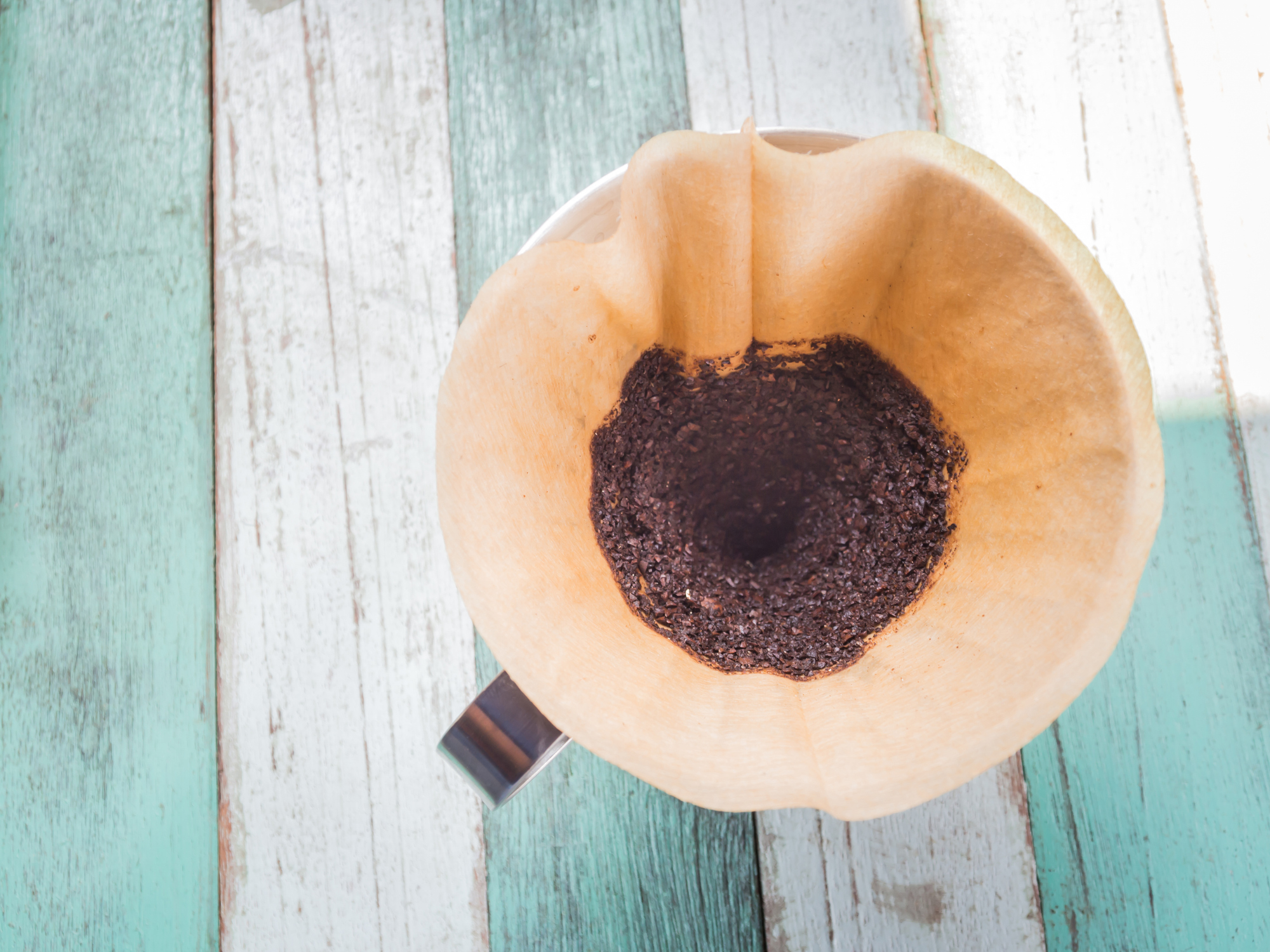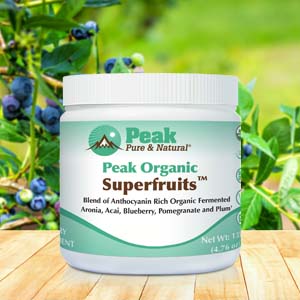Get Easy Health Digest™ in your inbox and don’t miss a thing when you subscribe today. Plus, get the free bonus report, Mother Nature’s Tips, Tricks and Remedies for Cholesterol, Blood Pressure & Blood Sugar as my way of saying welcome to the community!
Parkinson’s and Alzheimer’s Prevention found in coffee grounds

It’s long been known that caffeic acid’s anti-inflammatory and antioxidant properties may help combat the damaging effects of lifestyle and environmental factors that increase the risk of neurodegenerative disorders.
Caffeic acid is a component of coffee (derived from chlorogenic acid) and a growing body of research indicates it may be responsible for many of the health benefits on coffee’s long list.
Now researchers at the University of Texas’s Department of Chemistry and Biochemistry have found that caffeic acid could be the perfect recipe for preventing diseases like Parkinson’s and Alzheimer’s — by crossing the blood-brain barrier…
The ‘preventive medicine’ in spent coffee grounds
Caffeic acid belongs to the polyphenol family of plant-based compounds known for their antioxidant, or free radical-scavenging properties.
Caffeic acid is unique because it can penetrate the blood-brain barrier making it capable of directly impacting the cells inside the brain, according to Mahesh Narayan, Ph.D., a professor of the Department of Chemistry and Biochemistry and Fellow of the Royal Society of Chemistry.
Carbon Quantum Dots (CQDs) are nanoparticles that are synthesized from materials that contain carbon – mostly foods like coffee, fish, and fruit peel, but also from waste paper.
CQDs are not found as-is in nature but are created when heat is applied — which is just what happens when you put caffeic acid-rich coffee grounds into your coffee maker.
The Texas research team found that caffeic acid-based Carbon Quantum Dots (CACQDs), derived from spent coffee grounds, have the potential to protect brain cells from the damage caused by several neurodegenerative diseases — when the condition is triggered by factors such as obesity, age and exposure to pesticides and other toxic environmental chemicals.
When brain disorders are in their early stages and are caused by lifestyle and environmental factors, they share certain traits, including:
- elevated levels of free radicals
- the aggregation of fragments of amyloid-forming proteins that can lead to plaques or fibrils in the brain.
Lead researcher Jyotish Kumar and his colleagues found that CACQDs were neuroprotective across test tube experiments, cell lines and other models of Parkinson’s disease when the disorder was caused by a pesticide called paraquat.
The CACQDs, the team observed, were able to remove free radicals or prevent them from causing damage and inhibited the aggregation of amyloid protein fragments without causing any significant side effects.
“Caffeic-acid based Carbon Quantum Dots have the potential to be transformative in the treatment of neurodegenerative disorders,” Kumar said. “This is because none of the current treatments resolve the diseases; they only help manage the symptoms. Our aim is to find a cure by addressing the atomic and molecular underpinnings that drive these conditions.”
Reaping the benefits of CACQDs
The team believes that in the very early stage of a condition such as Alzheimer’s or Parkinson’s, a treatment based on CACQDs can be effective in preventing full-on disease.
“It is critical to address these disorders before they reach the clinical stage,” Narayan said. “At that point, it is likely too late. Any current treatments that can address advanced symptoms of neurodegenerative disease are simply beyond the means of most people. Our aim is to come up with a solution that can prevent most cases of these conditions at a cost that is manageable for as many patients as possible.”
If you’re a daily coffee drinker, you’re already practicing prevention and getting a fair share of CACQDs. As long as your brewing method involves heat, your coffee should contain protective CACQDs. If you reuse your spent grounds to brew a second cup of coffee in the same day, like I do on occasion — even better.
I’ve even heard you can use spent coffee grounds to turn a homemade cake into a superfood.
If you’re not a coffee drinker a few other foods contain caffeic acid. However, I can’t attest to how well these create CQDs and cross the blood-brain barrier as easily.
High levels are found in:
- Red wine
- Herbs including thyme, sage, spearmint
- Spices including Ceylon cinnamon and star anise
Moderate levels in:
- Sunflower seeds
- Apple sauce
- Apricots
- Prunes
Remarkable high amounts are in the Black chokeberry and yerba mate.
Editor’s note: Did you know that when you take your body from acid to alkaline you can boost your energy, lose weight, soothe digestion, avoid illness and achieve wellness? Click here to discover The Alkaline Secret to Ultimate Vitality and revive your life today!
Sources:
Caffeic acid recarbonization: A green chemistry, sustainable carbon nano material platform to intervene in neurodegeneration induced by emerging contaminants — Environmental Research
Coffee grounds may hold key to preventing neurodegenerative diseases — Science Daily















